Apple allows Motorola Mobility to win procedural German injunction over iPhone [u]
Update: Apple has responded with the following statement: "This is a procedural issue that has nothing to do with the merits of the case. This does not affect our ability to sell products or do business in Germany at this time." The Verge reports that Motorola had filed two separate suits against Apple Inc. and Apple Germany. The iPhone maker apparently let the Apple Inc. complaint slide because it doesn't sell any products under that organization.
According to a report by FOSS Patents blogger Florian Mueller, having failed to meet a deadline for answering a complaint, Apple has accepted a default judgement it can now appeal.
Had Apple not accepted the default judgement, any evidence it presented late would not be admissible. As it stands, Apple can now present its evidence in an appeal. However, the default judgement finds Apple infringing two patents and grants Motorola Mobility an injunction against sales of infringing products.
"it's really strange that Apple plays this kind of game instead of presenting its arguments and evidence on a timely basis," Mueller wrote. "I'd really like to know why they didn't do that instead of letting Motorola Mobility win an injunction."
According to Mueller, the two European patents are equivalent to two US patents Motorola is arguing against Apple here in the US, and at least one of the two is a FRAND licensed patent declared essential to implementing GSM/3G technologies.
Apple has argued that by using standards-related patents to "harm or eliminate competition," Motorola and Samsung are seeking to gain an illegal monopoly.
Apple's own patents relate to designs or technical inventions that competitors can simply engineer around. In contrast, FRAND licensed patents are essential to making products that work on mobile networks or with industry standards such as WiFi, making them impossible to work around.
For this reason, governments grant anti-trust exceptions to companies that contribute their patents to such open industry standards, with the understanding that those companies won't use their intellectual property to kill competition and harm consumers.
It's not clear whether Motorola would try to enforce an injunction against Apple's mobile products in Germany, given the potential consequences of using FRAND patents as weapons, particularly in Europe where both Intel and Microsoft were fined over $1.3 billion each by the European Commission for anticompetitive behavior.
The EC is already conducting an investigation of Samsung's behavior in using the courts to pursue FRAND licensed patent cases against Apple.
 Daniel Eran Dilger
Daniel Eran Dilger



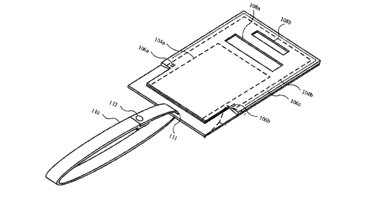






 Chip Loder
Chip Loder
 Wesley Hilliard
Wesley Hilliard
 Malcolm Owen
Malcolm Owen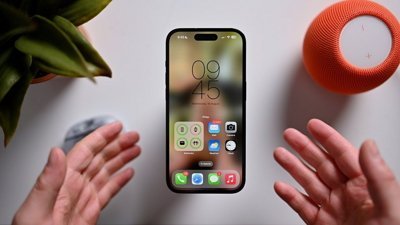
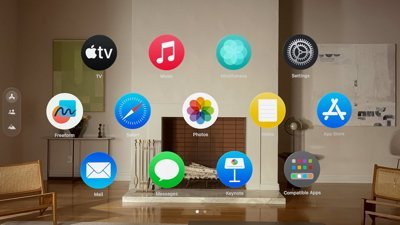

 William Gallagher
William Gallagher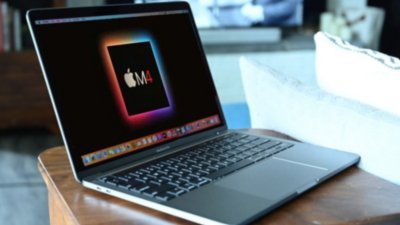
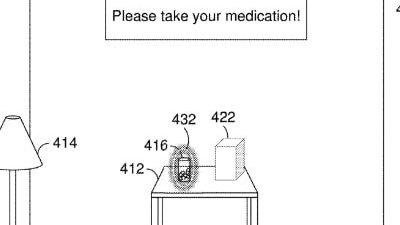
 David Schloss
David Schloss







